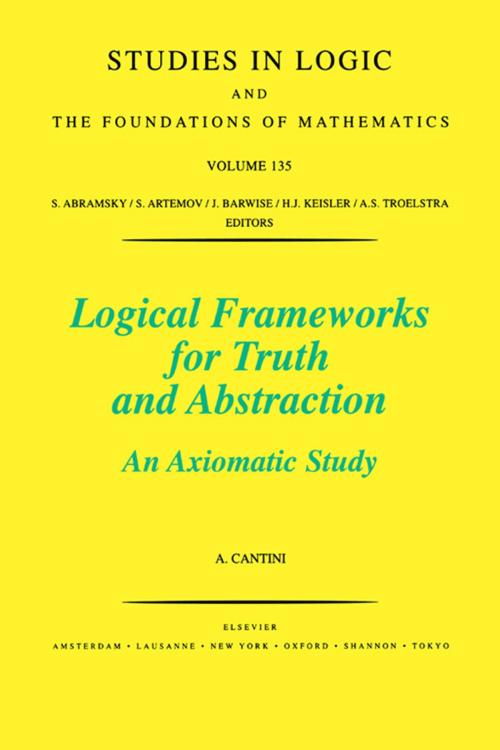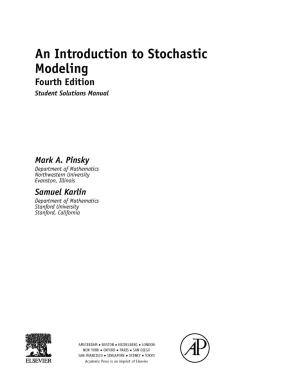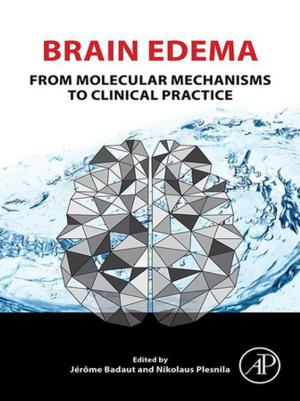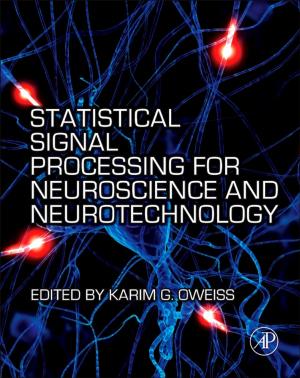Logical Frameworks for Truth and Abstraction
An Axiomatic Study
Nonfiction, Science & Nature, Mathematics, Logic, Applied| Author: | A. Cantini | ISBN: | 9780080535586 |
| Publisher: | Elsevier Science | Publication: | March 14, 1996 |
| Imprint: | North Holland | Language: | English |
| Author: | A. Cantini |
| ISBN: | 9780080535586 |
| Publisher: | Elsevier Science |
| Publication: | March 14, 1996 |
| Imprint: | North Holland |
| Language: | English |
This English translation of the author's original work has been thoroughly revised, expanded and updated.
The book covers logical systems known as type-free or self-referential. These traditionally arise from any discussion on logical and semantical paradoxes. This particular volume, however, is not concerned with paradoxes but with the investigation of type-free sytems to show that: (i) there are rich theories of self-application, involving both operations and truth which can serve as foundations for property theory and formal semantics; (ii) these theories provide a new outlook on classical topics, such as inductive definitions and predicative mathematics; (iii) they are particularly promising with regard to applications.
Research arising from paradoxes has moved progressively closer to the mainstream of mathematical logic and has become much more prominent in the last twenty years. A number of significant developments, techniques and results have been discovered.
Academics, students and researchers will find that the book contains a thorough overview of all relevant research in this field.
This English translation of the author's original work has been thoroughly revised, expanded and updated.
The book covers logical systems known as type-free or self-referential. These traditionally arise from any discussion on logical and semantical paradoxes. This particular volume, however, is not concerned with paradoxes but with the investigation of type-free sytems to show that: (i) there are rich theories of self-application, involving both operations and truth which can serve as foundations for property theory and formal semantics; (ii) these theories provide a new outlook on classical topics, such as inductive definitions and predicative mathematics; (iii) they are particularly promising with regard to applications.
Research arising from paradoxes has moved progressively closer to the mainstream of mathematical logic and has become much more prominent in the last twenty years. A number of significant developments, techniques and results have been discovered.
Academics, students and researchers will find that the book contains a thorough overview of all relevant research in this field.















